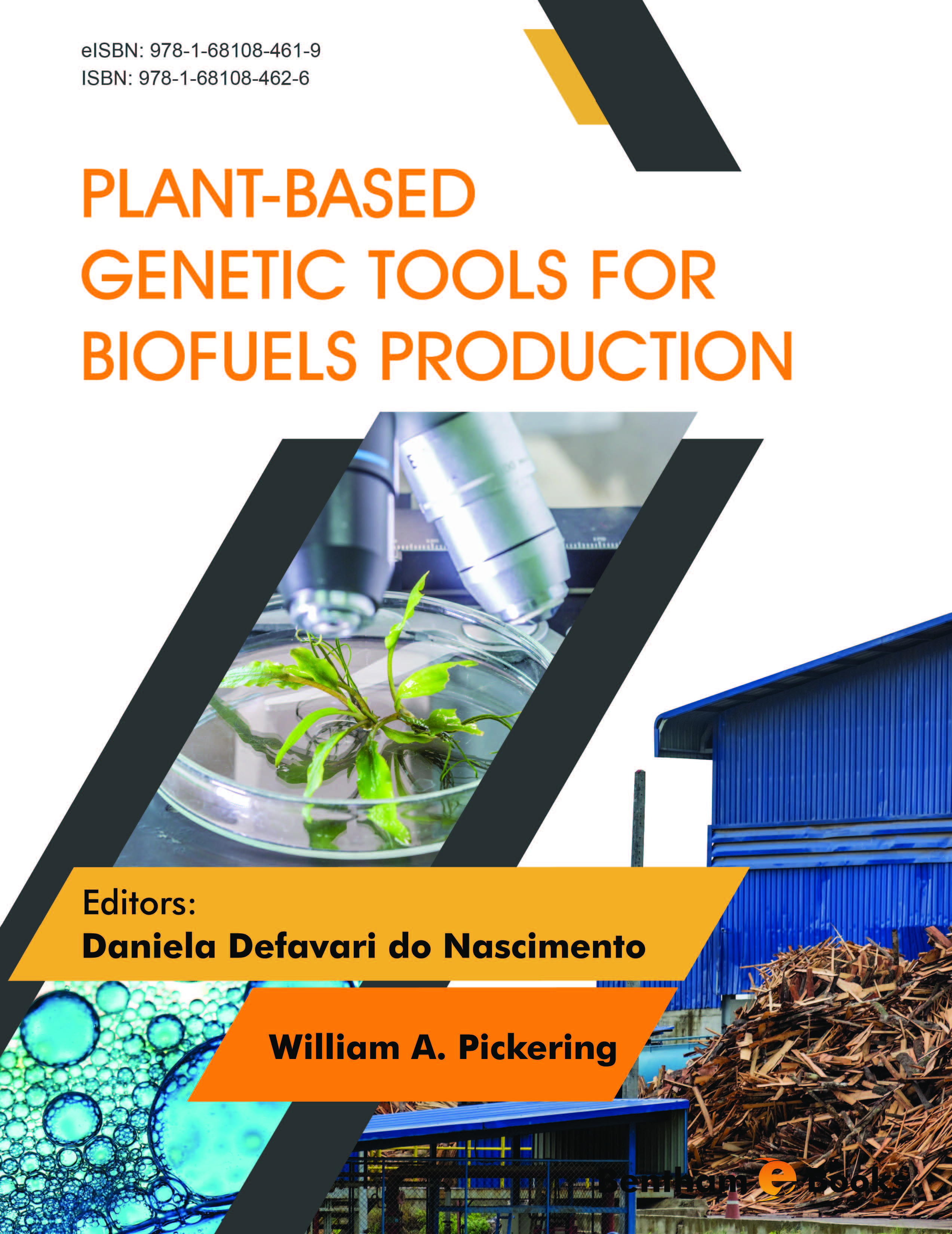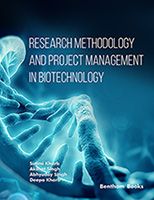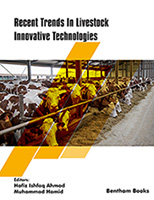Introduction
Biofuels are currently used as a viable alternative energy source in several countries. Plant-Based Genetic Tools for Biofuels Production explains biotechnological techniques and concepts that are applied to increase biofuel yield from plants and algae. Chapters of the book cover a variety of topics: the basic research techniques (cell suspension, embryogenesis, protoplast fusion), plant genetics (plant DNA mutations, new plant breeding techniques, viral genetic vectors for heterologous gene expression, sub cellular proteomes), genomic resources and bioinformatics tools, plant species with bioenergy and biofuel potential, factors influencing biomass yield, advances in cultivation technologies, fermentation of different substrates for ethanol production, and microalgae biomass technologies.
Readers will gain a thorough understanding of modern biofuel production.
Plant-Based Genetic Tools for Biofuels Production is a suitable reference for students in biotechnology and bioinformatics programs as well as researchers interested in information about the basics of biofuel production.





